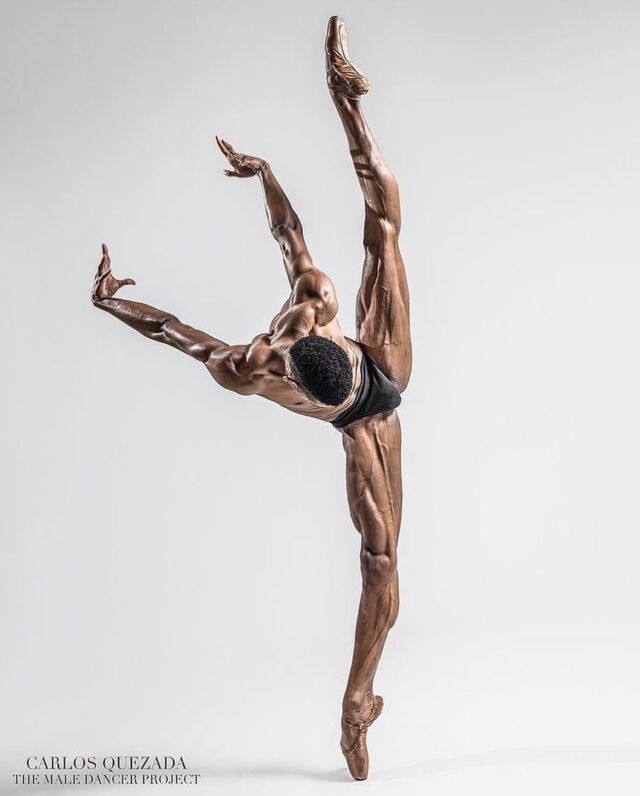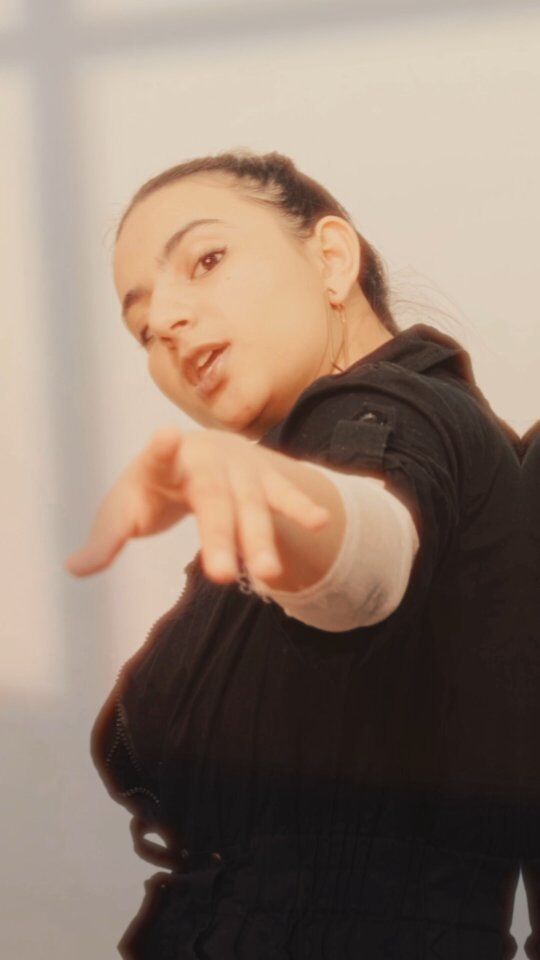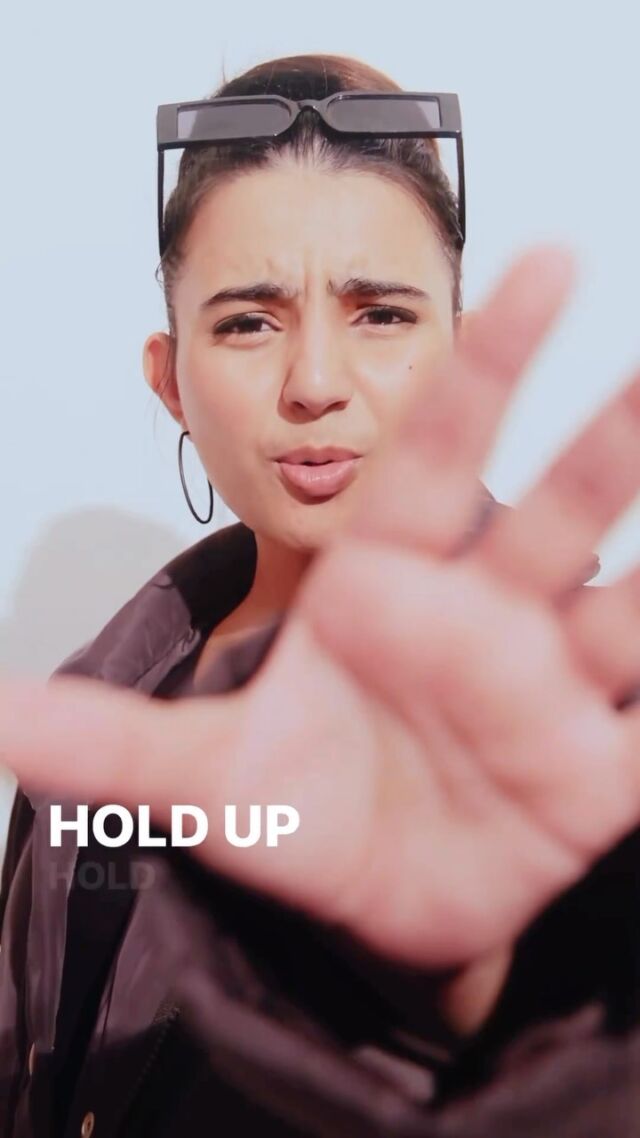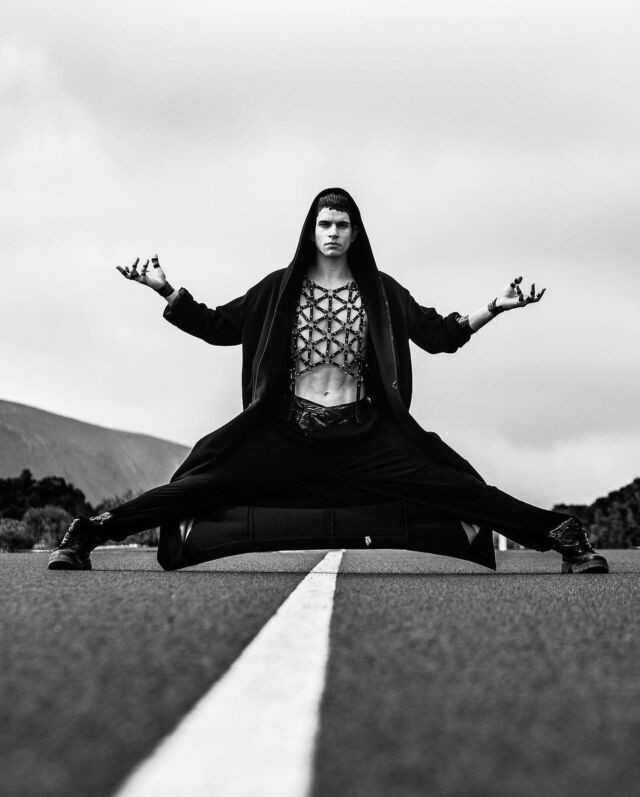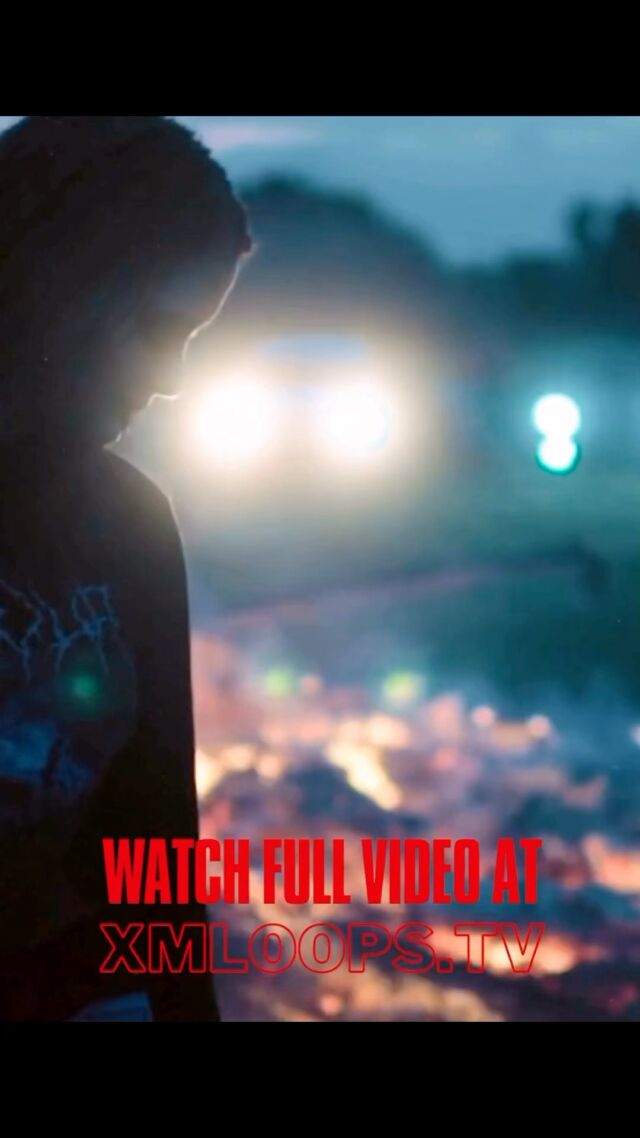As spring 2022 bloomed, Irena Wang emailed the pianist Kelly Moran to ask for a mixtape.
They had briefly met just days before — at the funeral of Damian Bidikov, Wang’s partner of seven years and Moran’s high-school sweetheart in the little Long Island town where they grew up. He had died from an accidental overdose, eight months after becoming a father.
“He was my first love, my first heartbreak, my first everything,” Moran remembered one evening after dark in Yamaha’s sprawling Midtown Manhattan piano studio in early February, a week before she turned 36. “I saw his widow and infant son, and it was one of the saddest moments of my life.”
Bidikov had always bragged about Moran, and even accompanied Wang to see her play with Oneohtrix Point Never in Los Angeles. After the funeral, Wang sent her an email: “I really want to know you, but I need some time. Can you maybe recommend some music?”
Moran dumped 28 albums into Dropbox. That stylistic tangle — the serene throb of Gas’s “Pop,” the mesmeric pull of John Adams’s “The Dharma at Big Sur,” the magnetic oddities of Broadcast’s “Tender Buttons” — was the tentative first step of what became a friendship between Moran and Wang, and is now a family. Late last year, they moved in together; with Luka, Wang and Bidikov’s son, the members of this unorthodox trio have empowered one another past the shadow of grief.
“So much in my life has been very focused on myself. Being an artist is narcissistic because you’re indulging your instincts,” Moran said. “But now with my family, it feels so good to be useful to other people, to have community. Music gets its potency from sharing, from having community.”
That chemistry became the crucial final component for Moran’s “Moves in the Field,” due March 29, a softhearted but steel-skinned set of 10 piano pieces that are as rapturous as a waterfall or as delicate as vapor. Her first album in six years, it is the redemptive conclusion in an extended span of personal tragedy and professional doubt, all ingrained in its sweeping songs.
Moran stumbled into her breakthrough, “Ultraviolet” from 2018, during an acid trip while house-sitting for her parents. She had been wrestling with a difficult commission for the toy pianist Margaret Leng Tan and needed time out of mind. She swallowed three hits disguised as SweeTarts and romped outside through the woods, and then sat down at her childhood piano — prepared with screws and bolts interspersed among its strings, in the simplified spirit of John Cage, so the notes would have mechanical attack but also seem to float.
“I had been so stressed, but this allowed me to flow,” Moran said, her silver makeup and Smashing Pumpkins shirt sparkling in the studio light. “My brain was organizing musical information in a completely different way. I’d finish a piece, laugh hysterically, and do another one.”
Those improvisations catalyzed Moran’s career, earning her a deal with the electronic label Warp and making her a rising experimental star. The ecstatic inquisitiveness and anxious honesty of “Ultraviolet” helped introduce the prepared piano to new audiences. In 2019, she even joined FKA twigs’s acoustic band.
Moran was first paid to play when she was 11 as the accompanist for a hometown vocal instructor, and it made her realize her calling as a professional musician. After studying piano and composition in Michigan and California, she returned to New York and strung together gigs as a dance accompanist while playing in rock bands (including Voice Coils, alongside Mitski) and investing in the city’s burgeoning noise and metal scenes. (“Black metal is just Minimalism for guitars,” she said at one point, laughing.)
With the acclaim of “Ultraviolet,” though, Moran was now jet-setting across the globe, playing major festivals by day and dancing to techno by night. She hoped to funnel the pops and plinks of her prepared piano into uncanny dance tracks, its idiosyncrasies radiating inside rhythmic loops. “I wanted to have something people could move to,” she said.
But early in 2020, Moran realized she was stuck, personally and musically. Anticipating another year of touring, she bailed on her Brooklyn apartment and moved in with her mother as her parents were preparing to divorce. The pandemic (and as a result, little income) meant she’d be staying. As a child, Moran’s relationship with her mother was fraught, so the piano had become not only a harbor but her way to be heard.
Was the prepared piano, though, forsaking her? She cut a poignant cover of Aphex Twin’s “Avril 14” with it that went viral during early pandemic days. But Moran had tried dropping acid and sliding onto its bench again in early 2020, only to realize lysergic lightning might not strike twice. “I remember being at my piano again, like, ‘All right, when’s the genius going to kick in?’” she said, laughing. “It taught me that taking a drug is not going to be the thing that gets the masterwork out of you. I was going to have to work really hard.”
The realization coincided with a special delivery from Yamaha — an upright Disklavier, a cyborg piano that is wired to play itself from memory or from a laptop’s input that a pianist can simultaneously play. As pandemic isolation escalated, Moran swooned over the loan, which allowed her to communicate with another musician: a computer-driven manifestation of herself. Since high school, being a pianist or a composer had driven her career; the Disklavier allowed her to be both.
Her pieces reflected recent trials — being sequestered with her mother, her parents’ split, a close friend’s cancer diagnosis. But as she started to commute to Yamaha’s Manhattan studio to begin actually recording with a more powerful Disklavier, she fretted that the machine’s perfection was overriding the work’s humanity, its tender center. She teased the arrangements for the better part of what proved to be a tragic and surreal year. Bidikov died. She made those mixtapes. And it slowly became clear that Wang was more than a late ex’s widow, but a new best friend.
“We just got to be, like, normal friends,” Wang said, recalling the delightful daytime rave that cemented their bond. “I don’t think of her as Damian’s ex often because that’s not what she was when we met. It hasn’t been the crux of our relationship for a long time.”
In the heat of the summer, Moran would sometimes string together sleepless days at Yamaha’s studios. She started recording again as autumn began, having mastered how to make the Disklavier sound more human and how to hear it like an interior map, the piano another confidant. “It’s OK to Disappear” connects declarative chords with furtive piano runs that conjure a quickened pulse, reflecting Moran’s dueling social enthusiasm and introversion. Written for two pianos, “Don’t Trust Mirrors” is a tug of war where self-confidence and self-doubt drag one another into an ouroboros.
“I would sit back at the Disklavier and hear my emotions reflected back at me,” Moran said. “I realized I needed to put that into the instrument, what I was feeling. Maybe it would heal me.”
By Halloween 2022, Moran had finished recording “Moves in the Field,” happy at last with the performances’ candor. As she and Wang plotted their move, they walked around Park Slope with Luka, then 15 months old, dressed as the Squatting Slav meme for his late father’s Slavic family. (Moran and Wang went as Pussy Riot.) Each time a stranger handed Luka candy, he gave them one in return. Moran remembers Wang smiling: “This is amazing. It’s like living again.”
Moran treasured the phrase. Two months later, it returned to her as she wrote her first professional string quartet for an English ensemble. She’d met Bidikov in their high school orchestra’s string section. She called it “Living Again,” dedicated it to him and began with a cello, his instrument. That first movement, Moran said, felt like watching his soul floating away, making space for what was to come.
Not long after “Living Again” premiered, Halloween returned. Moran was living with Wang and Luka. They were a family now, traipsing around Park Slope dressed as a unified trio: rock, paper and scissors.
Source link







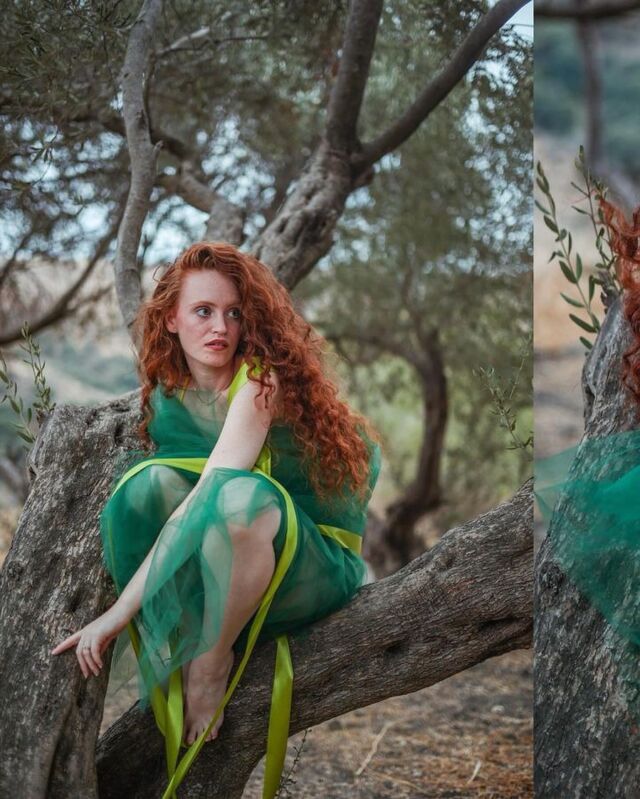
![Growing up learning Indian Classical Music, I’ve developed a deep appreciation for diverse musical genres, and techno is definitely one that has captured my interest. Got inspired to write this track by blending the beautiful melodies of Hindustani classical, particularly Raag Bhairav, with the beats of techno. Excited to share this fusion with you all!
Music by @miladzki
Check it out and vibe with me! 🎶✨
[ techno, newmusic, fusion, indianclassicalmusic, techno, music, kakisinger ]](https://talentsofworld.com/wp-content/uploads/wp-social-ninja/instagram/9xm.tv/18327743320185528_full.jpg)
![Listen to this Version of Dil Kho Gaya
Original Song From the Movie Dil.
Anand-Milind, Udit Narayan, Anuradha Paudwal sung this song
Music by Anand-Milind
Hope you guys like this Rendition of the Classic Song by Kaki Singer.
Like, Share & Comment.
[ Dil, Dil kho Gaya, old songs, Classic Bollywood, old song covers, retro songs, indian old songs, old hindi songs, melodies, kaki singer, Indian singers ]](https://talentsofworld.com/wp-content/uploads/wp-social-ninja/instagram/9xm.tv/17999564600299237_full.jpg)
